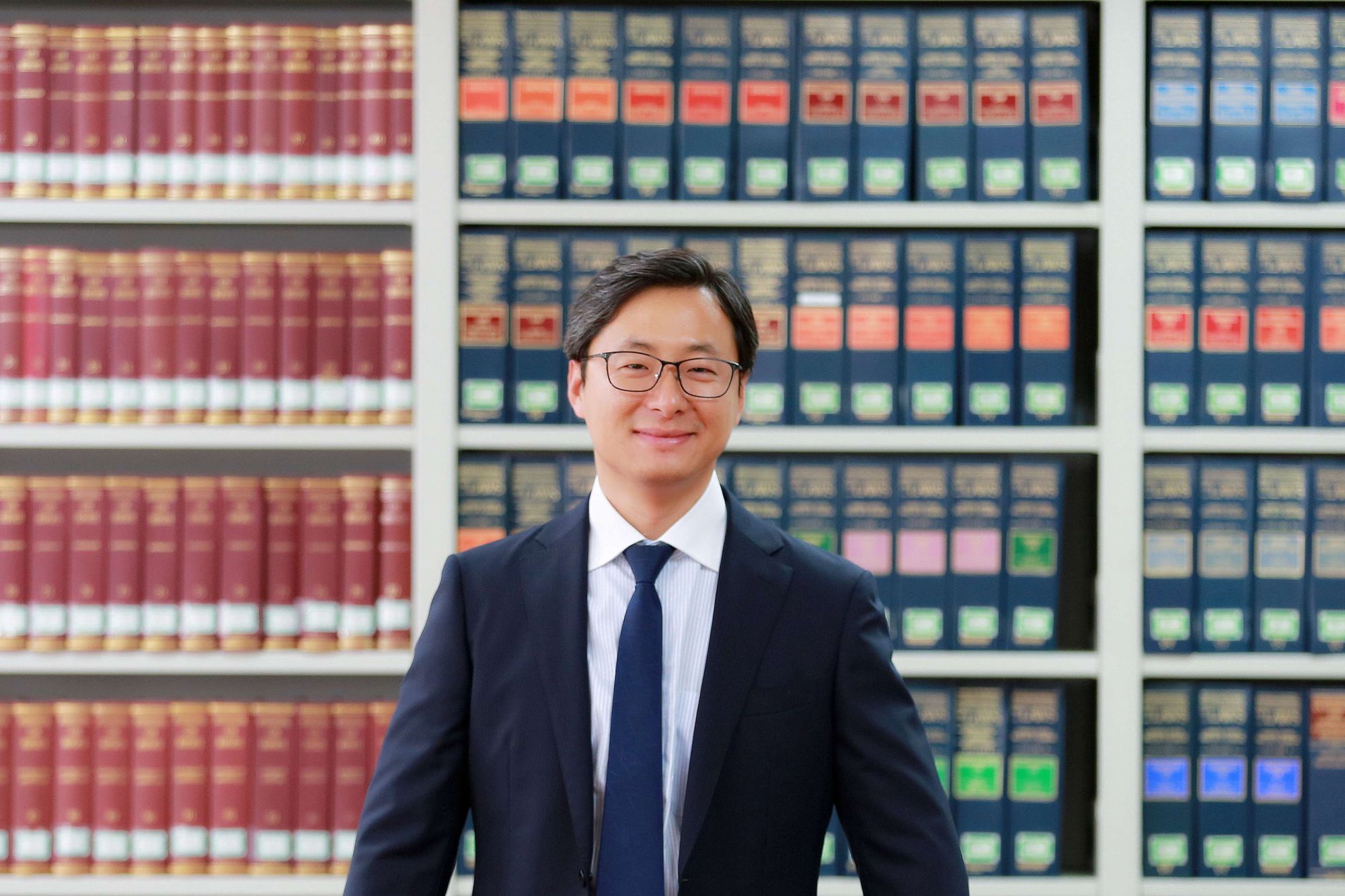
Abstract: China’s labor law originated from the institutional reform of labor contracts in state-owned enterprises, which transformed permanent employees into contract employees through universal written contracts. This shift was codified in legislation as a set of rights defined by employment statu. As nonstandard employment became more common, the theory of subordination entered China’s legal discourse and judicial practice, establishing the “aconsent-fact” framework for identifying labor relationships. This redefined workers as subordinate subjects and reshaped the preferential protection doctrine rooted in the legislative perception. However, the subordination theory cannot overcome the inherent limitations of identity-based structures, making it inadequate to address the protection needs of older workers, rural construction laborers, and those in emerging forms of employment. In response to the twin trends of digitalization and population aging, identity based frameworks should be reconstructed around actual acts of labor. A dual structured model of identity and act is thus proposed. This approach would take acts of labor as thestarting point for legal regulation, distinguishing between legally defined labor acts and de facto labor acts. On this basis, labor law would create two bundles of rights: group-based rights tied to identity, and individual level baseline rights not dependent on identity. This model aims to build a modern Chinese labor legal system that guarantees "protection for all forms of labor.”
Key Words: labor contract; subordination; preferential protection; acts of labor; bundles of rights
Author: WANG Tianyu, research fellow, CASS Institute of Law;
Source: 5 (2925) Social Sciences in China.



